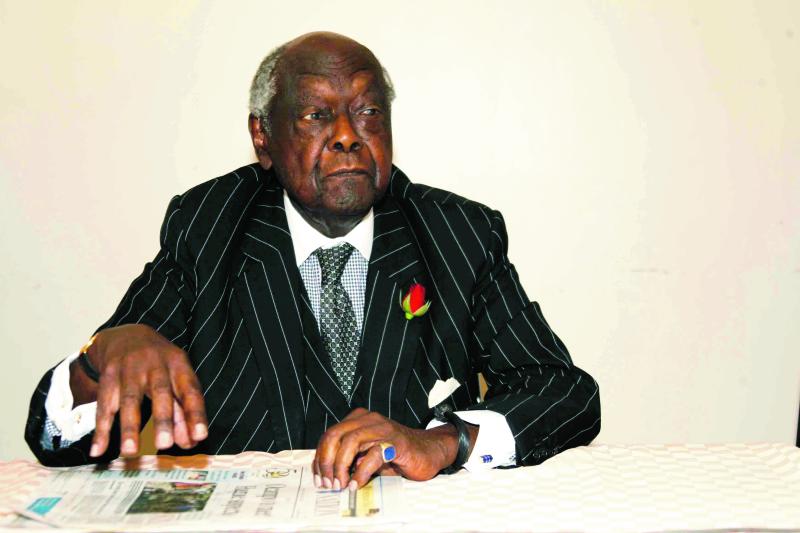×
The Standard e-Paper
Kenya’s Boldest Voice

Complete life: Charles Njonjo. [File]
Writing and drawing conclusions on the life of Napoleon, American essayist Ralph Waldo Emerson said was an easy task because the latter went the full trajectory. Napoleon inhabited his life. He completed it. One could know, for better and for worse, who the man was, did and could do.